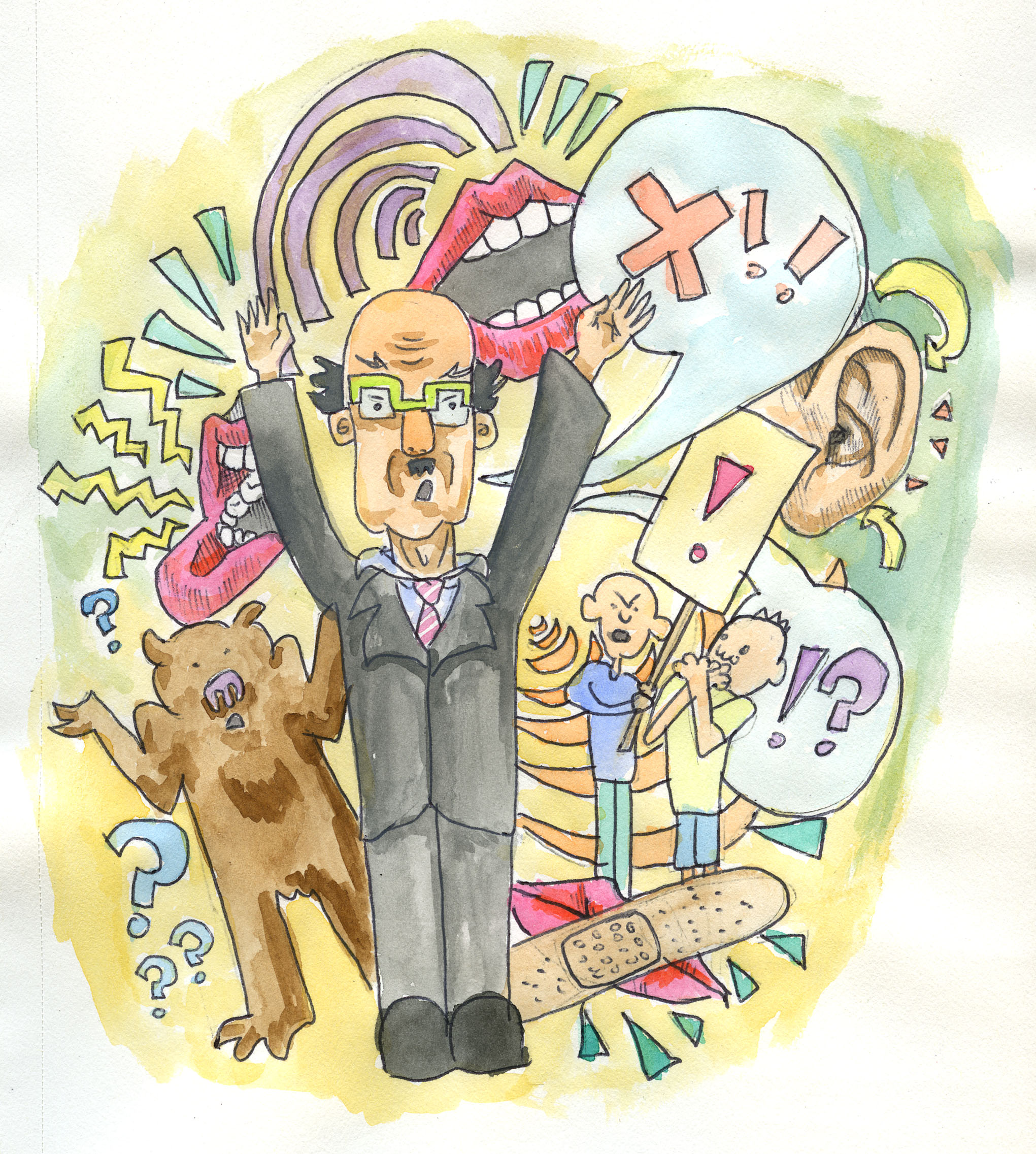UCLA should be more concerned with preserving First Amendment rights than maintaining public image

University of North Carolina at Wilmington Court Case
A recent U.S. Court of Appeals' ruling regarding free speech in the university signaled a shift in the court's view of whether individuals in an academic setting are entitled to free speech.
Mike Adams, a professor at the University of North Carolina, made controversial comments in political columns. Adams later charged that the university denied him a promotion because of his conservative, Christian views expressed within those columns.
The U.S. Court of Appeals sided with Adams, overturning a previous ruling which stated that Adams had no First Amendment protection rights for his remarks. The appeals court ruled that the 2006 Supreme Court decision Garcetti v. Ceballos "“ which limited free speech for certain public employees "“ is not applicable to faculty of public universities.
SOURCE: Inside Higher Ed
Compiled by Andra Lim, Bruin senior staff.
By Daily Bruin Staff
April 22, 2011 1:31 a.m.
As an Opinion columnist, it might seem a little obvious for me to argue for the right to express opinions. But recent events at UCLA have me concerned about the status of free speech on campus.
Although students come to UCLA knowing that at a public university they are going to hear ideas that contradict their own, recent events on campus have shown that it is instinctual for the public and the university to denounce or reject ideas contradictory to theirs.
When law Professor Stephen Bainbridge made an inflammatory remark in a recent blog post, there were strong reactions from student groups at the law school. These included members of Students Helping Assure Racial Equity, Justice and Diversity, who contacted the chancellor because they were dissatisfied by the School of Law Dean Rachel Moran’s response.
Moran’s response was a letter to the concerned student groups, in which she said the blog comments do not reflect the views of the UCLA School of Law. It was the most appropriate one that could have been made.
If the university decides to respond to remarks said by students or faculty that are controversial or reflect poorly on the UCLA community, it should only go to the extent of dissociating itself from the remarks. In order to uphold First Amendment rights, the university should refrain from making strong value judgements on such remarks.
Demand from students for a response to Alexandra Wallace’s YouTube video earlier this year prompted Chancellor Gene Block to make a bold statement imbued with his own personal judgement. In a written statement, he said he was “appalled by the thoughtless and hurtful comments.” Though deemed appropriate at the time, Block’s statement has created precedent for students to demand similar treatment to any remark that stands outside the periphery of their own beliefs.
Members of SHARE JD said they found Moran’s response to Bainbridge lackluster in comparison to the administration’s response to the YouTube video. The Bruin’s editorial board also argued that the reaction to Bainbridge’s post should have been bolder and consistent with the statements made by Block.
But such strong value-laden language was inappropriate to begin with.
Students and professors alike should feel assured that their freedom of speech is protected by the university, even when it does not necessarily reflect the majority opinion of the community.
Even our judicial court system is deliberating the presence of free speech in public higher education. In a victory for advocates of free speech for university faculty, a recent appeals court decision held that the University of North Carolina at Wilmington could not deny a promotion to a faculty member based on his writings expressing conservative views.
The ruling rejects former court decisions by recognizing that faculty members do not lose their rights as private citizens simply because they are publicly employed.
Although controversial remarks have the potential to damage the reputation of UCLA, the right to free speech for faculty and students needs to be protected more than any public image. It’s a good thing universities can’t take action against faculty for their expressed views.
“Academic freedom and the First Amendment right to free speech would be empty vessels if a teacher could be fired simply because university administrators believed such speech negatively impacted a school’s image,” said Keith Fink, professor of the course “Free Speech in the Workplace.”
Public universities are a marketplace of ideas, where the value should be put on sharing and weighing both sides of issues. Students elect to be here, and that means we must accept that we might hear things that we don’t agree with, whether they come from professors or other students.
“Students should be concerned if the university is simply a place where students must prescribe to determined political correctness,” Fink said.
Asking for the administration to place judgement on such remarks undermines the whole concept of tolerance by trying to stifle those individuals’ rights to free speech.
The university is not a PR firm, and its focus should not be on making sure that every individual does not harm UCLA’s image because his or her views are not aligned with the majority. That’s just a little too “1984” for my taste.
Is UCLA upholding the right to free speech? Email Cody at [email protected]. Send general comments to [email protected].

